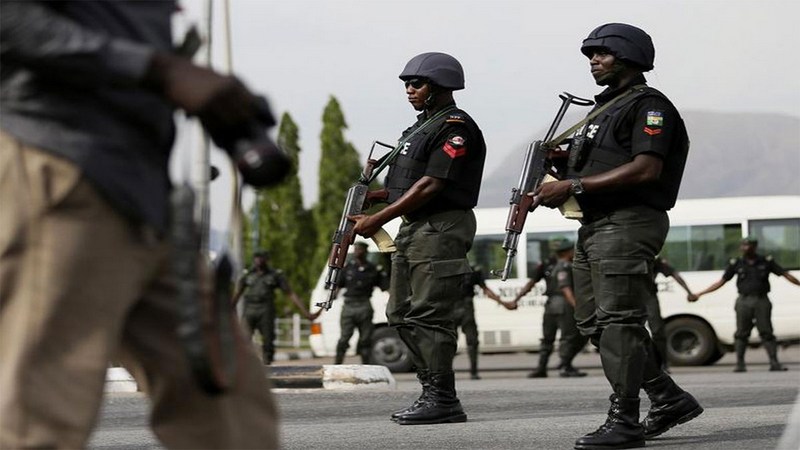
Security agencies play crucial roles in ensuring the smooth conduct of elections in Nigeria. Their primary responsibility is to maintain law and order, protect lives and property, and create a safe environment for voters, election officials, candidates, and other stakeholders. There are several security agencies in Nigeria and this post also outlines some of the prominent ones. Here are the key roles of security agencies in Nigerian elections:
Security agencies are responsible for maintaining peace and security before, during, and after elections. They are tasked with preventing and addressing any form of electoral violence, intimidation, or disruption that may occur. This includes dealing with potential threats from political parties, militants, thugs or other groups that may seek to disrupt the electoral process.
Security agencies are responsible for ensuring the safety of voters at the polling stations. They provide security to prevent voter intimidation, harassment, vote buying, or any form of coercion. They also ensure the smooth flow of voters, maintain order in queues, and prevent any attempt to disrupt the voting process.
Security agencies are tasked with securing election materials such as ballot papers, result sheets, and electronic voting devices. They ensure that these materials are safely transported to polling stations, stored securely, and protected from theft or tampering.
Security agencies deploy personnel to various polling stations, collation centers, and strategic locations during elections to provide security and maintain order. This includes the deployment of police officers, paramilitary personnel, and other security operatives to ensure a visible presence and deter any potential troublemakers.
Security agencies are responsible for managing large voter crowds that may gather at polling stations or collation centers. They ensure that the crowds remain orderly and peaceful, and take appropriate action if there are any attempts to disrupt the process or incite violence.
The Nigerian Police Force have the authority to apprehend individuals who violate electoral laws, engage in violence, or attempt to disrupt the election process. They work closely with relevant law enforcement agencies to investigate and prosecute offenders.
Security agencies collaborate with election officials such as INEC to ensure the smooth conduct of elections. They provide security briefings, share intelligence, and coordinate efforts to address any potential security threats or challenges.
Security agencies continue to play a role after the elections to maintain peace and security. They monitor post-election activities, prevent any post-election violence, and address any grievances or disputes that may arise.
Below are some of the key security agencies in Nigeria, each with its specific mandate and responsibilities:
Security agencies in Nigeria are responsible for maintaining law and order, protecting the nation, and ensuring the safety of its citizens and materials during election and after elections.
It is important to note that security agencies operate in a non-partisan manner, ensuring impartiality and fairness to all political parties and stakeholders. They are expected to uphold the rule of law and respect the rights of citizens throughout the electoral process.